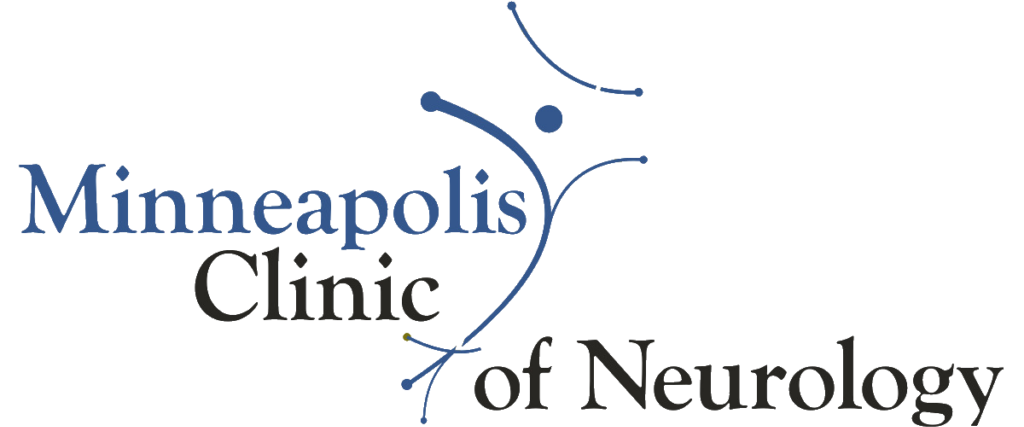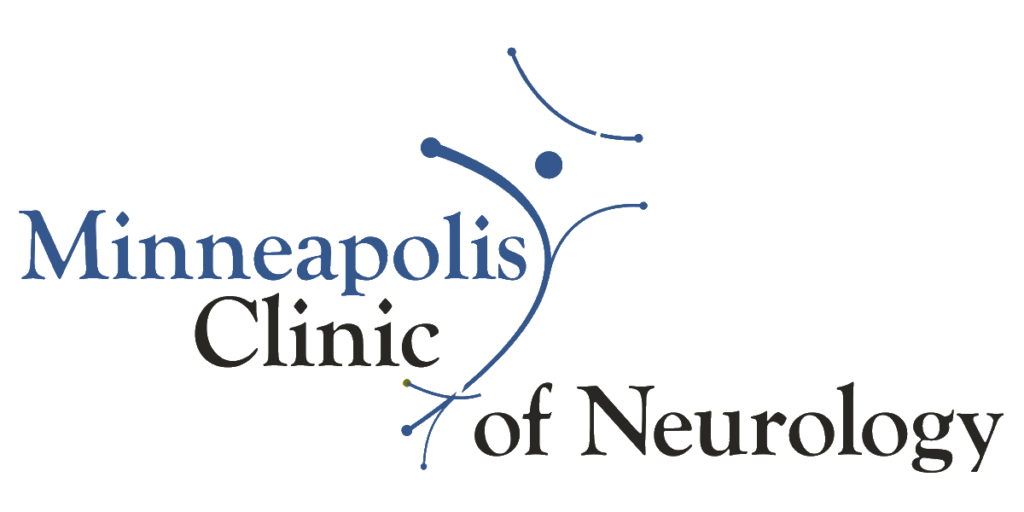1. Next Steps After Diagnosis:
Learn More:
- Ask for Resources: Request brochures, websites, or book recommendations specifically related to your condition.
- Research Reliably: Visit reputable medical websites like Mayo Clinic, WebMD, or specific disease-related associations for accurate information.
Join Communities:
- Online Support Groups: Websites like HealthUnlocked and PatientsLikeMe offer patient communities for almost every diagnosis where you can connect with others facing similar challenges.
- Local Support Meetings: Check if there are local group meetings; attending can be incredibly validating.
Keep a Diary:

- Track Symptoms: Note daily symptoms to identify triggers or improvements.
- Medication Effects: Record how you respond to any treatment, noting side effects or benefits, which will be crucial for follow-up appointments.
2. Questions to Ask Your Doctor:
- Progression: What should I expect in terms of disease progression?
- Side Effects: What are common side effects of the treatments you’re recommending?
- Daily Impact: How might this affect my daily activities like work, diet, and exercise?
- Second Opinion: Is it advisable to get a second opinion or consult a specialist?
3. Tips for Sharing with Family and Friends:
Choose the Right Time and Place: Find a quiet, comfortable setting to discuss your health; not during a family celebration or in a public place.

- Be Open About Your Needs: Let them know how they can help, be it joining you for doctor visits or just listening when you need to talk.
- Prepare for Mixed Reactions: Everyone reacts differently; some may overreact, while others might underplay your diagnosis.
4. Asking for Support:
- Professional Support: Consider speaking with a counselor or therapist who can help you process the diagnosis emotionally.
- Community Resources: Look into local or national charities that offer services and support for your condition.
- Family Involvement: Engage family members in your care by bringing them to appointments or having them help with research.
Conclusion:
Receiving a diagnosis can feel like the start of a new, uncertain journey. But with the right information, support network, and proactive steps, you can manage your condition effectively and maintain a fulfilling life.
Remember, you are not alone on this path. How will you empower yourself today?








